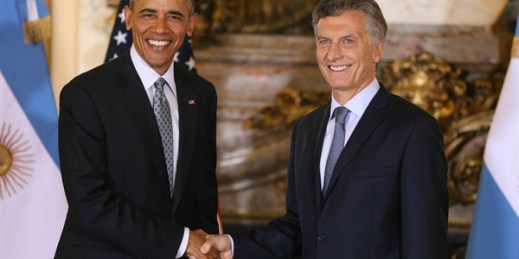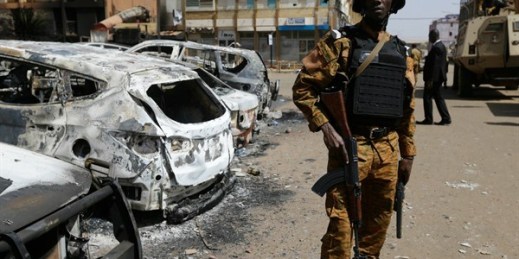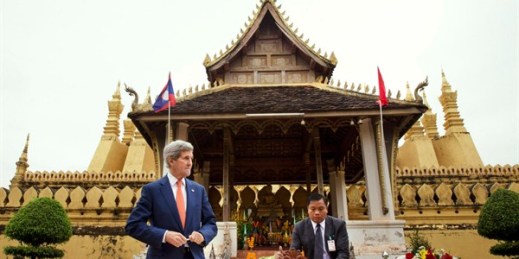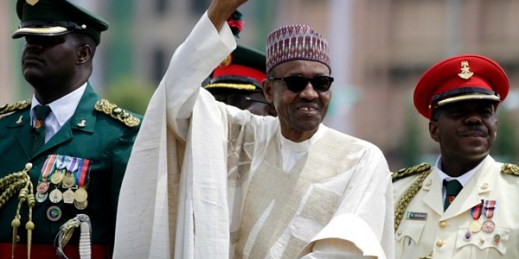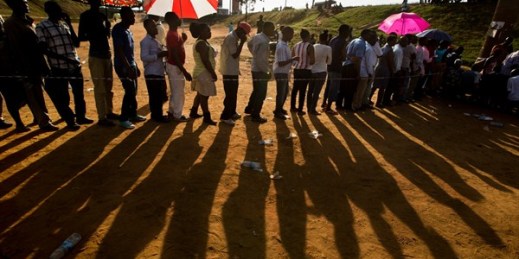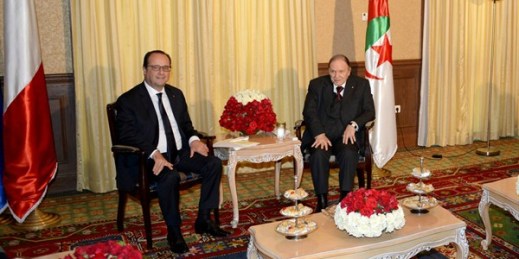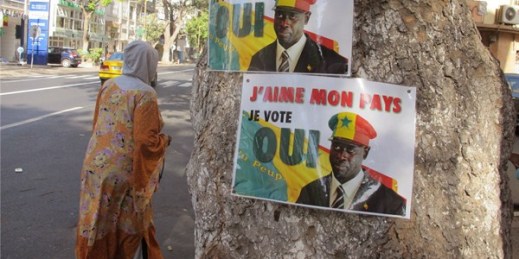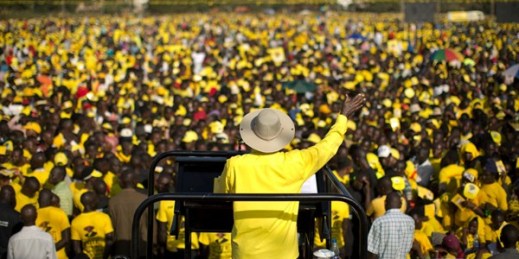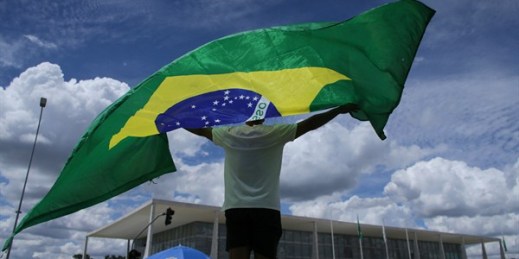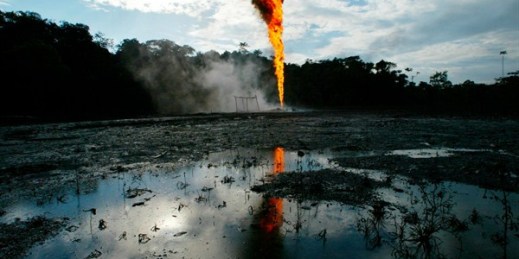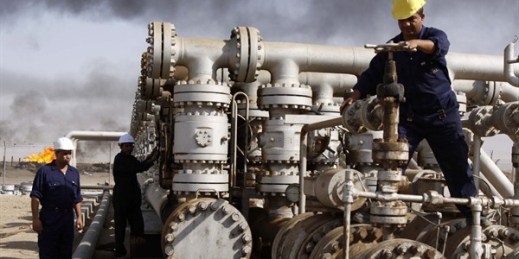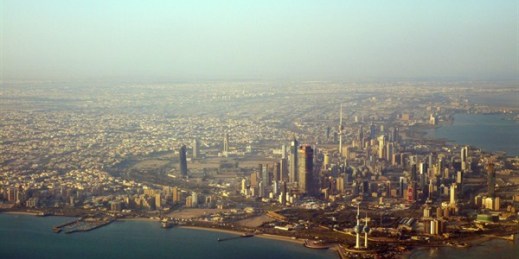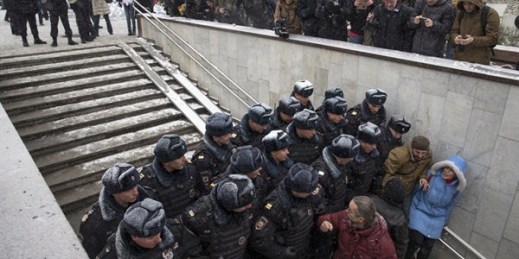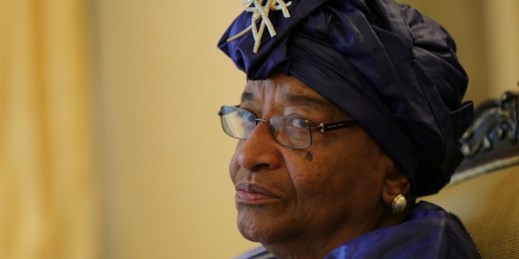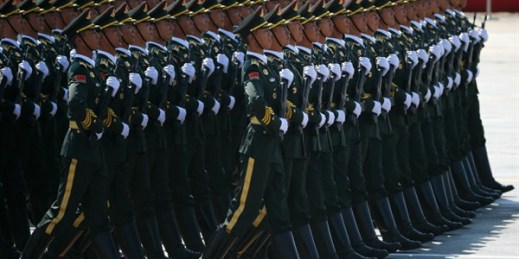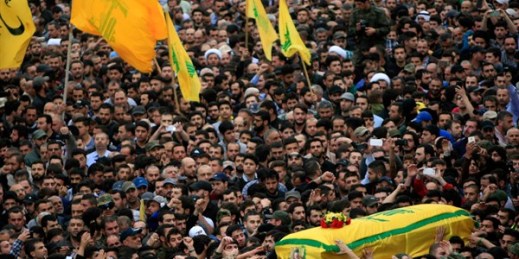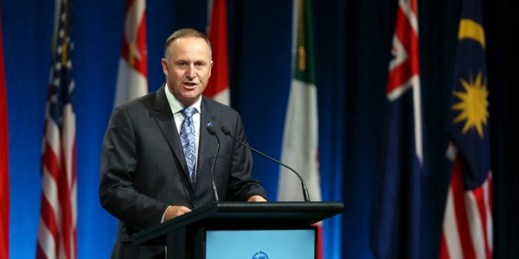
Editor’s note: This article is part of an ongoing WPR series on the Trans-Pacific Partnership and the potential impact on members’ economies. New Zealand’s prime minister, John Key, spoke at the U.S. Chamber of Commerce in Washington on Wednesday about the need for the United States to ratify the Trans-Pacific Partnership (TPP). In an email interview, Timothy Hazledine, a professor of economics at the University of Auckland, discussed the benefits and drawbacks of New Zealand’s membership in the TPP. WPR: What are the expected economic benefits and potential downsides for New Zealand from the TPP, and who are the expected […]

